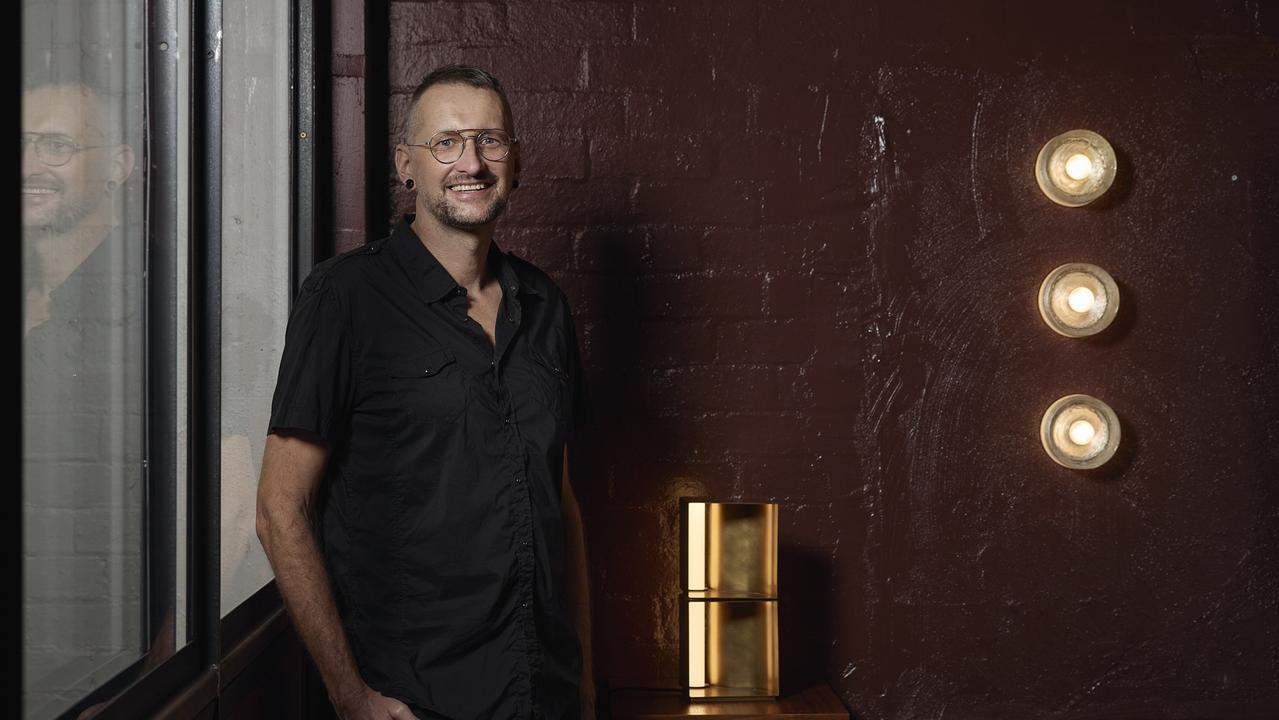‘It’s not true’: Final defence plea as Brittany Higgins rape jury goes out
The lawyer for Bruce Lehrmann tells jury he should be found not guilty because Brittany Higgins did not know what happened.
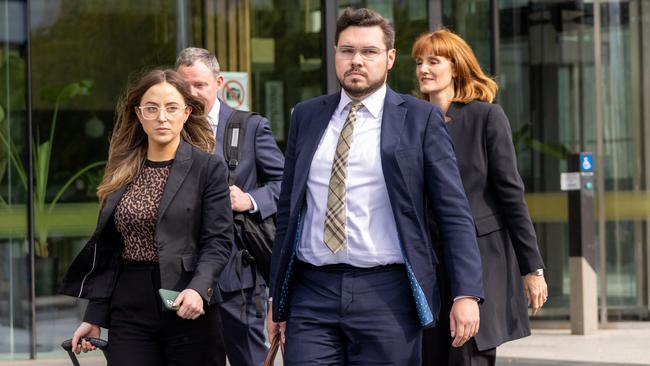
The lawyer for accused rapist Bruce Lehrmann has told a jury he should be found not guilty because his accuser, Brittany Higgins, did not know what happened in Senator Linda Reynolds’ office where the offence is alleged to have taken place in the early hours of 23 March 2019.
“She doesn’t know what happened and she has reconstructed events to the point she now genuinely believes them to be true. It doesn’t mean they are true. It doesn’t mean that what she’s telling you happened,” barrister Steven Whybrow said as he closed his defence case.
However, ACT Chief Justice Lucy McCallum, in her summing up, told the jury “there’s no blueprint” for how someone might respond to a sexual assault and that securing a $325,000 book deal after the alleged incident does not necessarily impact on Brittany Higgins’ credibility.
Justice McCallum on Wednesday directed the jury to use “common sense” as they deliberated what the defence described as the “$325,000 question” of whether the former Liberal staffer raped Ms Higgins in their boss’s ministerial office more than three years ago.
Mr Whybrow told jurors, during his closing argument, there was “no reliable or trustworthy evidence in this case” and Ms Higgins, who has alleged Mr Lehrmann raped her in the early hours of March 23, 2019, was not “reliable or honest’’ in her evidence.
The jury retired to deliver a verdict on Wednesday in the case, which was originally set down for six weeks but draws to a close after less than 12 days in court after the prosecution dropped about 20 witnesses.
Justice McCallum spent more than 2½ hours instructing the jury on points of law before it retired.
She told the jury not to become distracted by issues other than “what happened on the couch” in the office of then-defence industries minister Linda Reynolds in the early hours of March 23, 2019.
“It’s easy to become distracted by other issues but it’s about what happened on that couch,” she said.
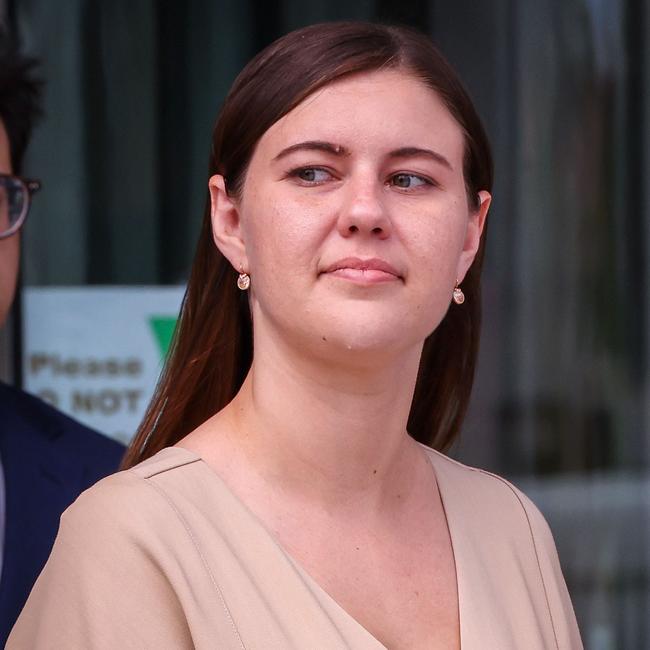
Justice McCallum said the case was not about young people’s alcohol consumption, whether Ms Higgins liked her bosses, the #MeToo movement or book deals.
“It’s about what happened on that couch,” she said.
The Chief Justice said the jury should be careful not to make assumptions about how someone would act following an alleged rape or invoke preconceptions or stereotypes about events they had never experienced.
“There’s no blueprint for life and no blueprint for sexual assault and how a young woman might respond to sexual assault,” she said.
Justice McCallum said the jury had to clinically assess the evidence without emotion and arrive at their conclusions fearlessly and impartially.
She said the prosecution had identified alleged lies by Mr Lehrmann given at various times to explain why he returned to Parliament House with Ms Higgins at 1.40am on March 23, 2019.
These reasons included fetching his apartment keys, collecting documents, preparing question time folders and drinking whiskey.
Justice McCallum noted the prosecution said the different accounts pointed to guilt but she said people could lie for a number of reasons, including fear or panic, and the defence had pointed out there were no keys in the tray when Mr Lehrmann went through Parliament House security. “The conduct of telling a lie can be explained in other ways, out of panic or to escape some other accusation,” she said.
Justice McCallum told jurors to remember that everyone was entitled to the presumption of innocence and the onus remained on the prosecution to prove guilt.
Therefore, Justice McCallum said, the correct question for jurors to consider was not whether Ms Higgins had made up the allegations of rape.
“The correct legal question is whether the prosecutor has proved the guilt beyond reasonable doubt,” she said.
Justice McCallum said accounts of the alleged rape Ms Higgins gave to others over three and a half years were allowed as evidence to demonstrate a consistency in her claims but told jurors saying something repeatedly did not necessarily mean it was accurate.
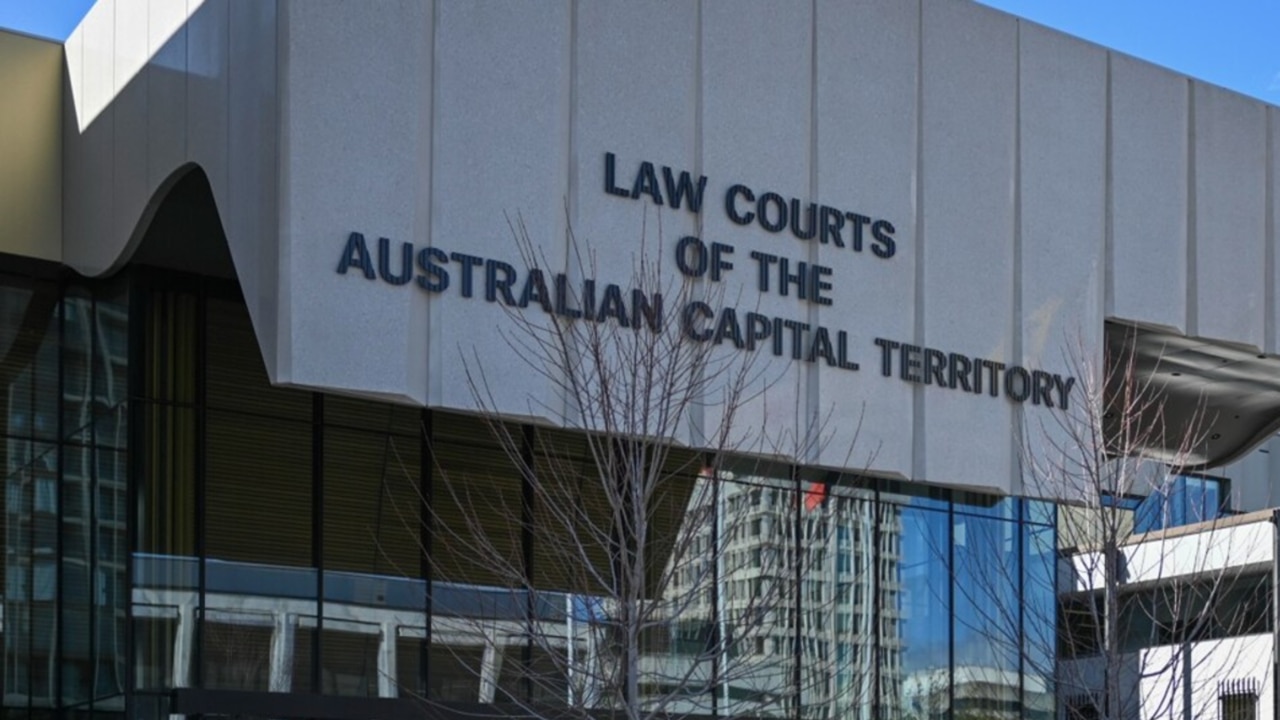
She said the jurors would need to assess whether a witness was honest or reliable, noting memory and observations of events could be defective while some events were more likely to be imprinted in memory than others.
Justice McCallum said the principal issue in the trial was whether sexual intercourse took place and – if it had – whether Ms Higgins consented.
She said consent had to be given freely and communicated through words or actions to the other person and a person could not consent if they were unconscious, asleep or too intoxicated.
The jury also needed to consider, Justice McCallum said, Mr Lehrmann’s state of mind and whether he was reckless towards whether Ms Higgins was consenting.
Justice McCallum said Ms Higgins had spent the most time in the witness box of any witness.
She said Mr Lehrmann had a right not to give evidence and was not required to give an interview with the Australian Federal Police, which he did on April 19, 2021.
“The decision not to give evidence cannot be used against him (in) anyway,” she said.
Justice McCallum said the decision not to take the stand was not an admission of guilt and the onus of proof never shifted from the prosecution to the defence.
“The accused must be found not guilty if the burden of proof hasn’t been met,” she said.
Before the judge’s warning, Mr Lehrmann’s barrister assured the jurors “you will have reasonable doubt” because Ms Higgins evidence was “not reliable or honest”.
“The $64,000 question – or perhaps, in Higgins's case, the $325,000 question – is ‘do you accept beyond reasonable doubt that he was there and sexually assaulted her?’.”
Mr Whybrow said that Ms Higgins didn’t go to a doctor or make a police complaint following the alleged rape.
“We get to (the) end of 2020, start of 2021, and she talks to (journalist) Samantha Maiden, talks to The Project, talks to police, gets a book deal for $325,000, this is a big story,” he said. “There are at least 325,000 reasons why this case is now important to her from her perspective.”
Mr Whybrow said Ms Higgins's evidence contained manipulation, deception, lies or was “less than frank” and asked jurors if they could be “satisfied beyond reasonable doubt” that her version of events was accurate.
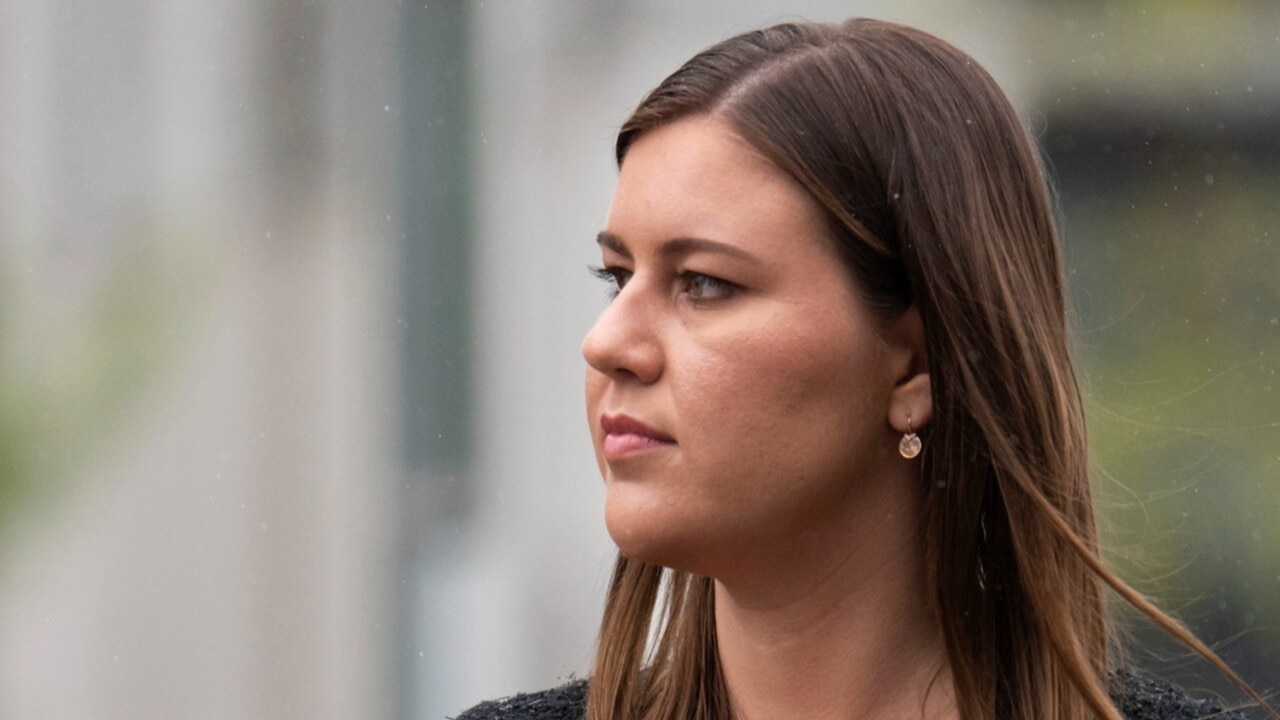
“Is she that good of an actor? Who knows,” he said. “We have these things called con artists because demeanour is difficult to pick up on sometimes.
“I’m not suggesting Ms Higgins's demeanour or the way she reacted in that witness box was an act. I don’t know.”
Mr Whybrow said Mr Lehrmann’s demeanour and “the way he answered questions” during his police interview told another story. “About how his life came crashing down out of the blue over a night he had not thought of since,” he said.
“They were powerful and compelling, genuine statements. This (rape) did not happen.”
Mr Whybrow urged the jury to consider whether Ms Higgins was a “reliable historian” and whether her account was sufficiently reliable to convict Mr Lehrmann.
Mr Whybrow said instead of contemporaneous evidence of the alleged rape, there were “contemporaneous lies”.
He said there was no DNA and no evidence other than Ms Higgins's statements and observations of her demeanour over the last three and a half years.
“There’s no contemporaneous medical complaint, there is in fact contemporaneous lies,” he said.
Mr Whybrow said there was “not one skerrick of evidence” about the crown’s assertion that Ms Higgins did not proceed with a police complaint out of fear of losing her “dream job”.
After the defence’s closing remarks and the judge’s directions, four jurors – chosen through a random ballot process – were discharged from jury duty.
The jury’s four men and eight women retired at 3pm on Wednesday to decide if Mr Lehrmann is guilty of sexual intercourse without consent and recklessness as to whether Ms Higgins was consenting.




